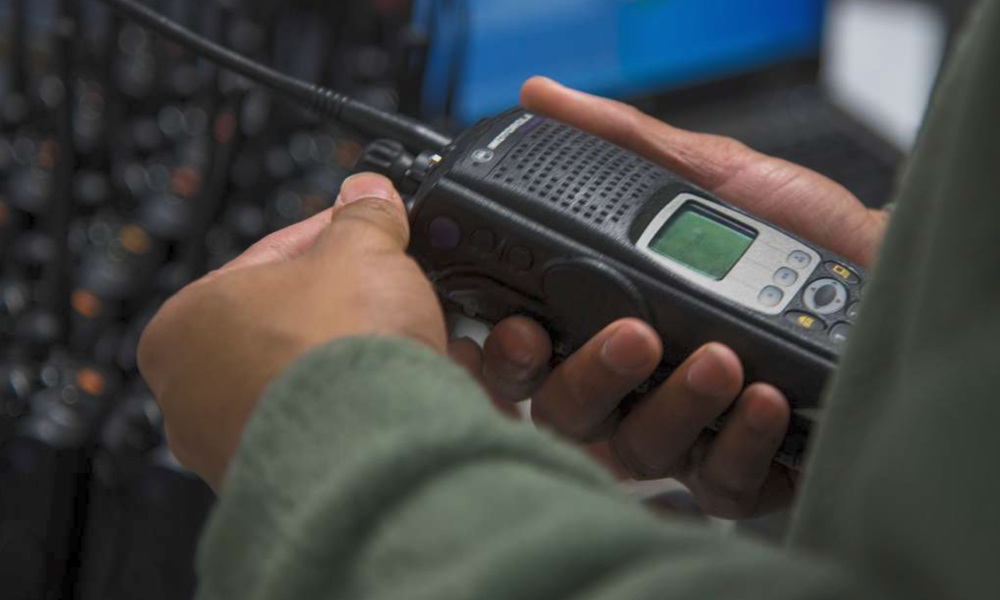Spanish-Hungarian Businessman Pleads Guilty to Illegal Export of Military-Grade Technology
In a significant legal development, Bence Horvath, a 47-year-old Spanish-Hungarian businessman, has pleaded guilty in Washington, D.C., to conspiring to unlawfully export U.S.-origin military-grade radio technology to Russia. This plea highlights ongoing concerns regarding international trade compliance and national security, particularly in the context of heightened tensions stemming from Russia’s actions in Ukraine.
Details of the Case
Horvath entered his guilty plea on a Tuesday in U.S. District Court. By admitting to one count of conspiracy to illegally export goods, he has placed himself at the center of a case involving serious ramifications for both U.S. national security and international relations. His sentencing is scheduled for September 30, where he faces potential penalties that could reflect the severity of his actions.
A Dangerous Procurement Scheme
Court documents reveal that Horvath and several partners initiated discussions as early as early 2023 regarding the procurement and export of U.S.-manufactured military-grade radios and related accessories. These discussions took place despite existing restrictions imposed in the wake of Russia’s invasion of Ukraine, which had already heightened scrutiny on transactions involving sensitive technologies.
The equipment in question is classified as military-grade communications technology, underscoring the potential risks associated with its unauthorized transfer to Russian entities. The plan was to purchase these radios from a small American distributor and intended to transship them to Russia through a freight forwarder based in Latvia, thus attempting to evade detection.
Interception of the Shipment
Over several months, Horvath coordinated the purchase of a substantial batch of 200 military-grade radios. Unfortunately for him, U.S. Customs and Border Protection became aware of the shipment and intercepted it before it could reach its intended destination in Russia. This interception not only thwarted the illegal export but also showcased the efforts of U.S. authorities in monitoring and controlling sensitive technology flows.
Arrest and Legal Proceedings
The culmination of Horvath’s international dealings came when he was detained upon landing at San Francisco International Airport. At the moment of his arrest, he was found in possession of a Hungarian passport, linking him to the cross-continental conspiracy. The implications of his arrest extend beyond his individual case, reflecting larger issues related to the trafficking of sensitive technologies and regulatory compliance by foreign entities.
Investigative Oversight
Multiple U.S. agencies participated in the investigation, highlighting the collaborative effort required to combat violations of export laws. The Department of Homeland Security Investigations in New Orleans, the Defense Criminal Investigative Service, and the Department of Commerce were pivotal in tracking the case, with support from the U.S. Attorney’s Office for the Northern District of California. Their combined efforts underscore the seriousness with which U.S. authorities treat such violations, especially amid ongoing geopolitical tensions.
Implications of the Guilty Plea
Horvath’s guilty plea serves as a warning to those involved in international trade that unlawful activities—especially those involving military-grade technology—will not go unchecked. As global trade patterns and geopolitical relationships become increasingly complex, the legal landscape around export compliance continues to evolve. This case illustrates the vital importance of adhering to international law and regulations designed to protect national security interests.
With sentences pending and the international community closely watching, this incident serves as a stark reminder of the intricate balance between business practices and legal constraints in today’s interconnected world.


